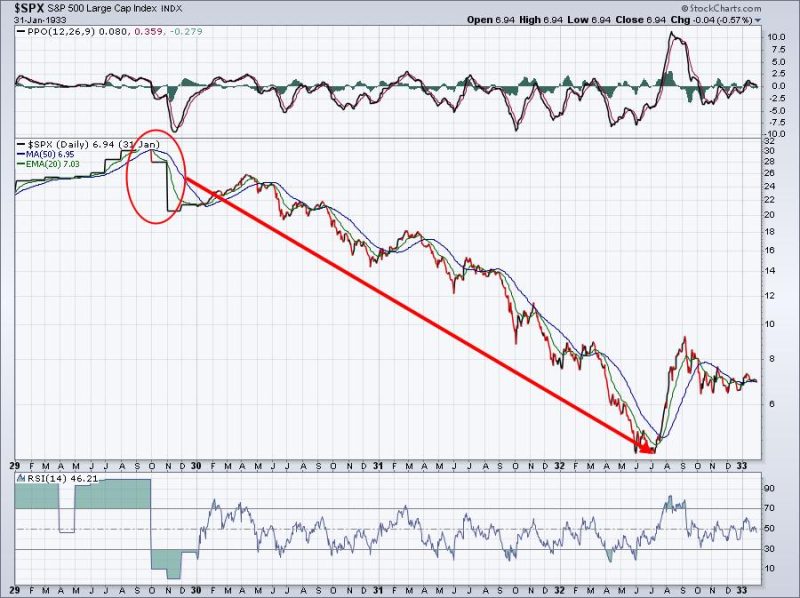As October rolls around each year, investors often find themselves bracing for the possibility of a stock market crash. This trend has been particularly prevalent in the United States, with historical evidence pointing to several significant market downturns occurring during this month. While past performance is not indicative of future results, could U.S. stocks crash in October this year?
Understanding the Factors at Play
Several factors can contribute to increased market volatility and the potential for a crash in October. The first factor to consider is seasonality. Historically, October has been a volatile month for the stock market, with several major market crashes occurring during this time, including the infamous Black Monday in 1987.
Moreover, geopolitical events and economic indicators can also impact market sentiment. Uncertainty surrounding trade tensions, political instability, or unexpected economic data releases can trigger a sell-off in the stock market. Investors are always on edge during October, given the historical precedence of market downturns during this month.
The Influence of External Events
External events, such as natural disasters or health crises, can exacerbate market uncertainty and lead to increased volatility. The ongoing COVID-19 pandemic serves as a poignant example of how external factors can significantly impact financial markets. Any unforeseen developments in the global landscape could potentially trigger a stock market crash in October.
Additionally, monetary policy decisions by central banks can have a profound impact on market stability. Changes in interest rates or unexpected policy shifts can create ripples in the financial markets, causing investors to readjust their strategies, potentially leading to a market downturn.
Market Sentiment and Investor Behavior
Market sentiment and investor behavior play a crucial role in determining the direction of the stock market. Fear and panic can spread rapidly in times of uncertainty, leading to a mass exodus from equities and a sharp decline in stock prices. Irrational exuberance can also drive markets to unsustainable highs, setting the stage for a potential correction.
The rise of algorithmic trading and high-frequency trading has further amplified market volatility, with computerized trading systems reacting to market conditions at lightning speed. This technological advancement has the potential to exacerbate any market downturn, as automated trading systems can trigger a cascade of sell orders in a matter of seconds.
Mitigating Risks and Planning Ahead
While the prospect of a stock market crash in October may loom large, it is essential for investors to take a proactive approach to risk management. Diversification, asset allocation, and a long-term investment horizon can help mitigate the impact of market downturns. Staying informed, keeping emotions in check, and having a well-defined investment strategy are critical components of successful investing.
In conclusion, while the possibility of a stock market crash in October cannot be ruled out, investors should approach the situation with caution and prudence. By understanding the various factors at play, monitoring external events, and staying attuned to market sentiment, investors can navigate potential market downturns with greater resilience and confidence. Adaptability, discipline, and a long-term perspective are key ingredients for weathering the storm and emerging stronger on the other side.



























